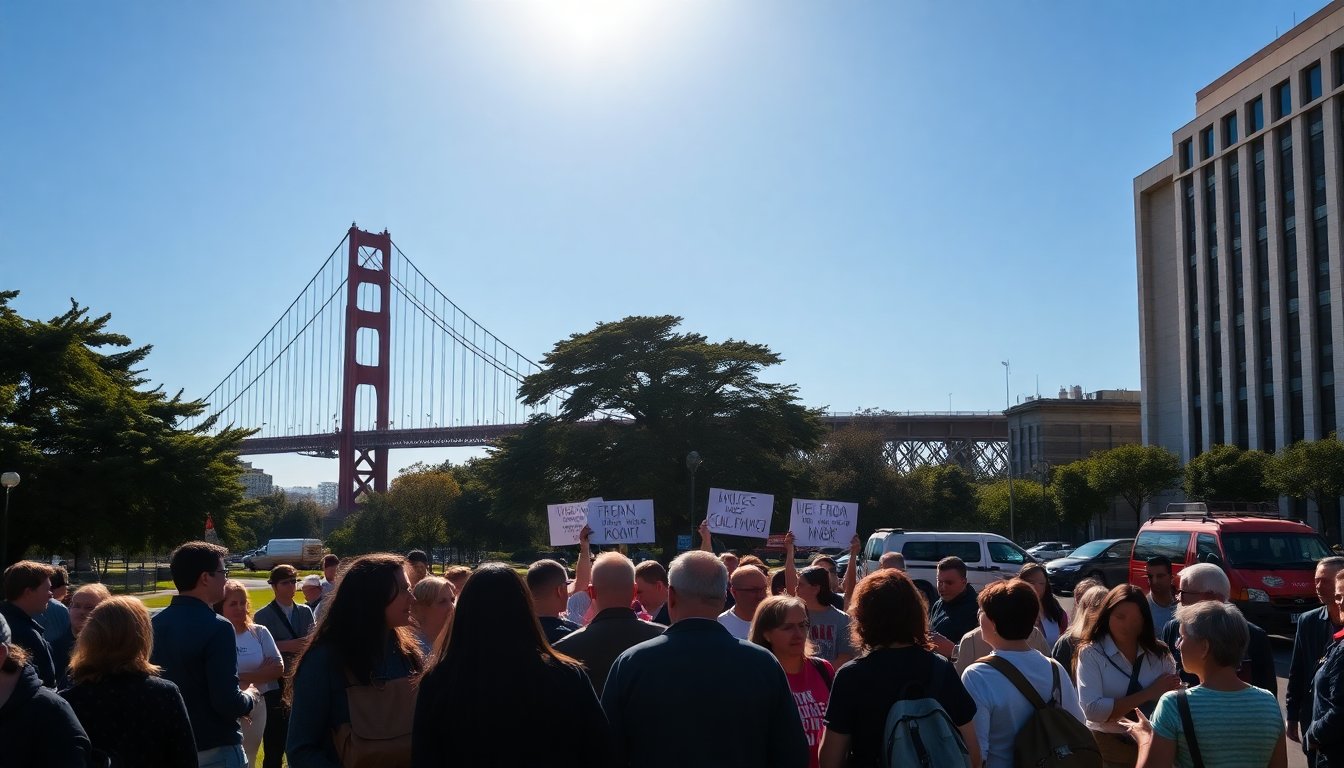Table of Contents
California has become a central player in national politics, especially in its ongoing tensions with the Trump administration. Governor Gavin Newsom, a leading Democratic figure, has taken a decisive stance against federal policies he deems harmful to the state’s values and progress. This article explores the dynamics of Newsom’s governance, his strategies for countering federal opposition, and the implications for California’s future.
The backdrop of California’s political climate
California’s political landscape is marked by a strong commitment to progressive values, often placing it at odds with the federal government. Governor Newsom has expressed concerns about the Trump administration’s \”relentless obsession\” with the state. This reflects a broader narrative where California is seen as a battleground for progressive ideals clashing with conservative policies.
Throughout his tenure, Newsom has emphasized the importance of state autonomy amid federal overreach. He argues that California’s achievements in technology, green energy, and social equity face constant threats from Washington. In his recent communications, he has spotlighted the state’s resilience in the face of challenges, including wildfires and economic pressures, illustrating how California continues to innovate and adapt despite external obstacles.
Key strategies and legislative actions
In response to what he perceives as a hostile federal environment, Newsom has implemented several strategic measures. One of his primary actions has been engaging in legal battles against federal policies. California has filed numerous lawsuits against the Trump administration, challenging decisions on immigration enforcement, environmental regulations, and educational policies. These legal challenges not only defend state interests but also serve as a rallying point for Democratic voters concerned about federal governance.
Additionally, Newsom’s administration has sought to enhance California’s legal resources. Earlier this year, state lawmakers approved a significant budget allocation aimed at empowering the Department of Justice and various legal organizations to defend progressive policies. This funding is designed to ensure that California can effectively counter federal actions threatening its legislative achievements.
Challenges and political implications
Despite these initiatives, Governor Newsom faces criticism from within the state. Some Republican lawmakers have accused him of prioritizing national aspirations over urgent local issues like homelessness and budget deficits. This criticism highlights a growing concern that Newsom’s political ambitions may overshadow his responsibilities as governor.
The recent push for redistricting in California, aimed at enhancing Democratic representation ahead of the 2026 midterms, has also drawn scrutiny. Critics argue that such actions could further polarize California’s political climate, complicating bipartisan cooperation at the state level.
As the political landscape evolves, the implications of Newsom’s governance will be significant not only for California but also for the broader national discourse. The state’s approach to federal challenges may serve as a model for other states facing similar issues, reinforcing the idea that local governance can effectively counterbalance federal authority.


